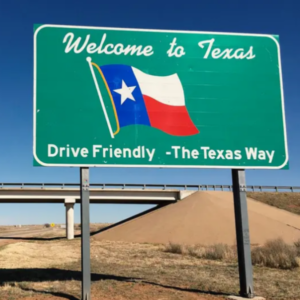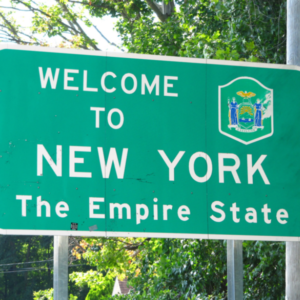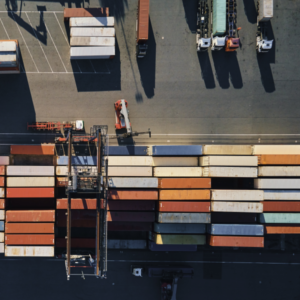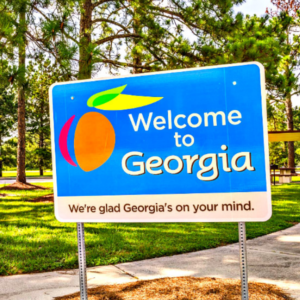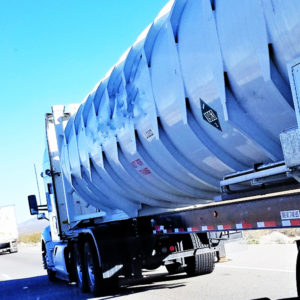Subtotal: $450
IFTA & IRP Initial Registration | Apportioned Plates Registration
$350
Expert Help with IFTA & IRP Compliance
Simplify your fuel tax and apportioned plate setup with FCCR. Our registration specialists handle all IFTA and IRP filings—initial applications, renewals, and quarterly fuel tax reports. We ensure your paperwork meets every state and provincial requirement, helping you avoid delays and costly penalties. With FCCR managing your IFTA and IRP together, you can stay compliant and focus on keeping your fleet on the road.
IFTA and IRP are filed jointly.
Product Description
The International Fuel Tax Agreement (IFTA) simplifies how motor carriers report and pay fuel taxes when operating across state and provincial lines. Instead of registering in multiple jurisdictions, you register once in your base state, and fuel taxes are fairly apportioned based on where your vehicles travel. This ensures accurate, efficient tax reporting and compliance.
The International Registration Plan (IRP) is an agreement between U.S. states and Canadian provinces that allows carriers to operate commercial vehicles across multiple jurisdictions under a single registration. Through IRP, carriers receive apportioned plates and a cab card showing where they’re authorized to travel.
Apportioned plates are special license plates issued under the International Registration Plan (IRP). They allow commercial vehicles to operate legally in multiple states and provinces using one registration. Fees are divided, or “apportioned,” among the jurisdictions where the vehicle travels.
FCCR manages the entire apportioned plate registration process for you. We gather the necessary details, prepare your IRP application, and coordinate with your base jurisdiction to issue your apportioned plates and cab card quickly and correctly.
Carriers operating qualifying commercial motor vehicles in more than one state or province must be registered under both programs. This generally includes vehicles over 26,000 lbs gross weight, those with three or more axles, or combinations used for interstate hauling.
Vehicles exempted from filing for IFTA and IRP include:
• Vehicles that only operate within one state
• Vehicles under 26,000 lbs GVWR
• Farm plated vehicles
• Government vehicles
• Emergency vehicles
FCCR handles your IFTA setup from start to finish. We collect the required information, prepare the filing, and submit it to the appropriate jurisdiction on your behalf to ensure your credentials are issued without delays or rejections.
Once your IFTA license is approved, FCCR coordinates the issuance of your IFTA decals for each qualified vehicle. These decals are placed on both sides of the cab and show that your fuel taxes are properly reported under IFTA.
IFTA fuel taxes are based on the miles driven and fuel purchased in each member jurisdiction. Taxes are then apportioned so each state or province receives its fair share based on your reported travel data.
At the end of each fiscal quarter, the license holder files a fuel tax report showing miles driven and fuel bought in each participating state or province. Supporting documents include:
• Vehicle mileage record
• Distance records
• Fuel records
• Tax-paid retail fuel purchase receipts
Yes, a fuel tax report is required to be filed four times a year. Quarterly reporting dates are:
• Jan. – March (Q1): April 30
• April – June (Q2): July 31
• July – Sept. (Q3): Oct. 31
• Oct. – Dec. (Q4): Jan. 31
IRP registration must be renewed annually, typically on the anniversary of your initial setup. FCCR tracks renewal dates, manages your filings, and ensures your apportioned plates remain active without service interruptions.
Read More: What Is The International Fuel Tax Agreement (IFTA)?
Read More: Understanding The International Registration Plan (IRP)


